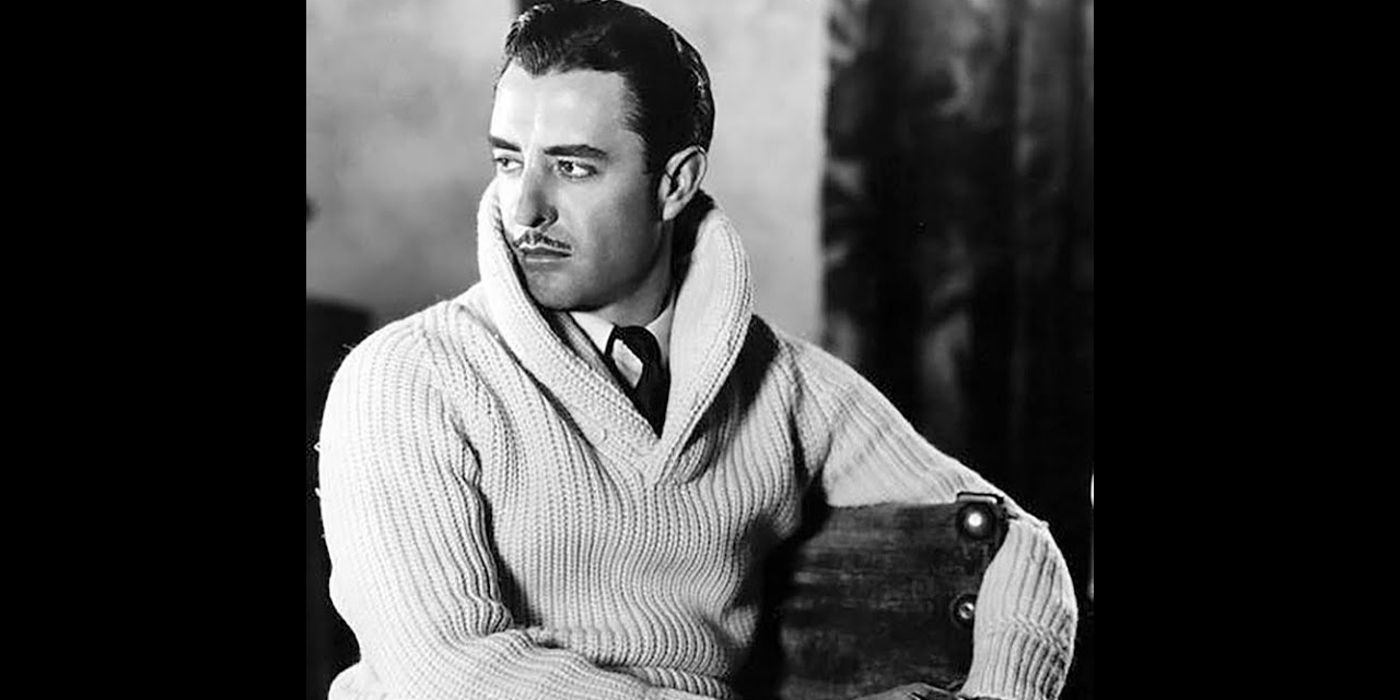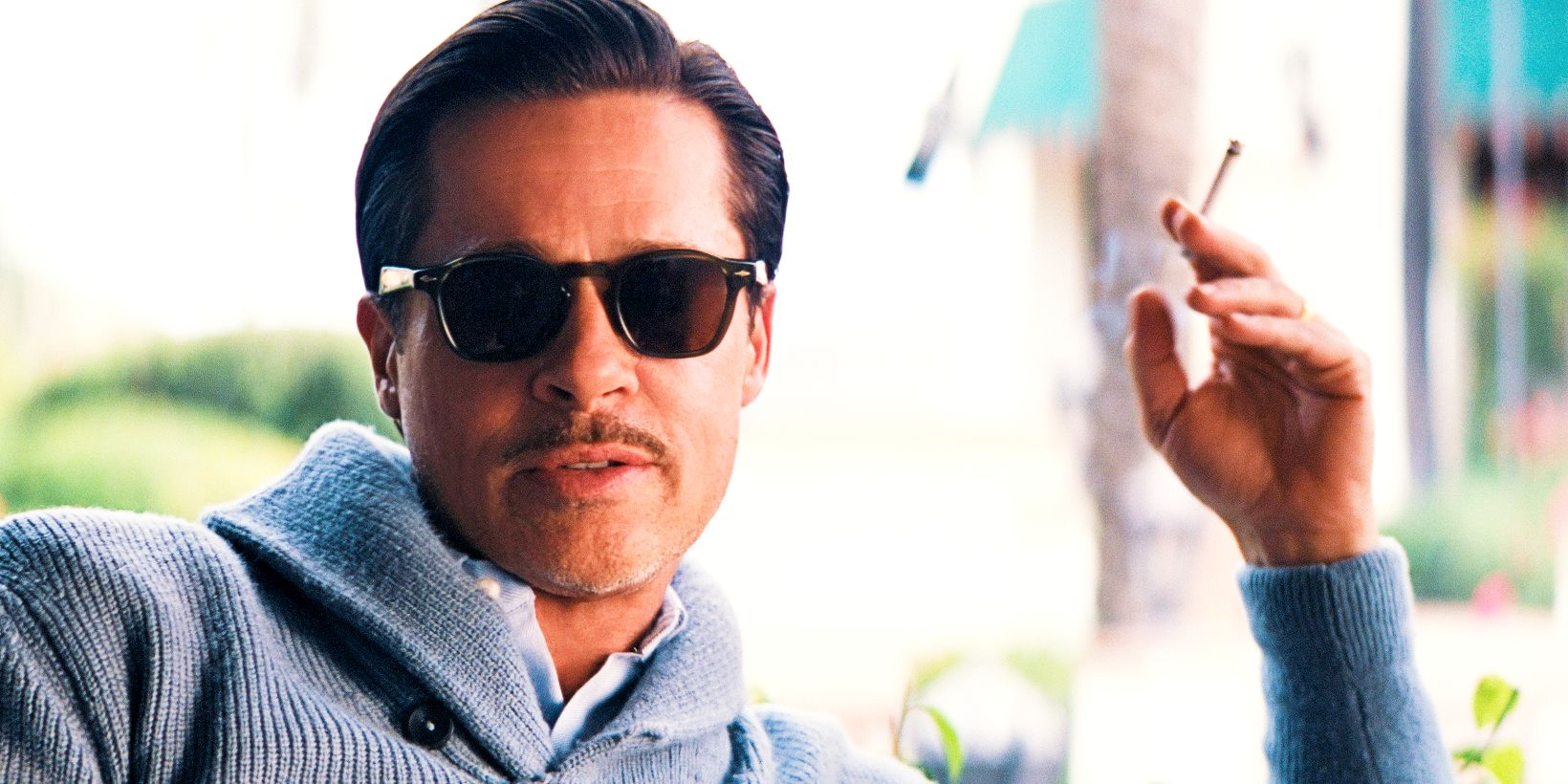Is Brad Pitt’s Jack Conrad A Real Actor? Babylon Inspirations Explained
This article contains mention of suicide and substance abuse.
In Babylon, Brad Pitt plays Jack Conrad, a famous leading man whose career is waning in the ’20s. Was he a real actor or just inspired by one?
Is Brad Pitt’s Jack Conrad in Babylon a real actor, or just inspired by one? In Damien Chazelle’s decadent 2022 examination of the rise and fall of several stars as 1920s Hollywood transitions from silent movies to talkies, Conrad plays a pivotal part in giving Nellie LaRoy (Margot Robbie) and Manny Torres (Diego Calva) their big breaks, even as he feels the sense that they could replace him. At a time when the industry was in a great phase of transition, many previously popular actors and actresses from the silent film era found themselves mired in uncertainty and doubt about the longevity of their careers.
Conrad lives a life of excess and depravity thanks to an illustrious career playing matinée idols, but the world of sound films threatens his profession, and he won’t always be able to enjoy the lifestyle to which he’s accustomed. He watches as the important elements of performance when acting in silent films become less relevant as talkies take Hollywood by storm. By the ending of Babylon, Conrad takes his own life in an extreme reaction to the chaotic unpredictability of the changing times, mirroring what happened to other movie stars whose careers never recovered after Hollywood discovered sound.
Jack Conrad Isn’t Real – But Was Based On Actors Like John Gilbert
Brad Pitt’s Jack Conrad isn’t a real actor, but he was based on popular actors of the 1920s like John Gilbert, Douglas Fairbanks, and Rudolph Valentino, some of whom had to overcome career setbacks after talkies took over. Gilbert was known in the silent era as “The Great Lover” in movies like The Merry Widow and The Big Parade, and aside from being a prominent leading man, was a screenwriter and a director who died suddenly at 38 from heart disease. Douglas Fairbanks was a silent film star who specialized in playing heroic and swashbuckling heroes including Robin Hood, The Thief of Bagdad, and The Mark of Zorro.
Rudolph Valentino, known in his day as the silent era’s “Latin lover” for exotic movies like The Shiek, was a sex symbol known for his swarthy good looks that contrasted with other leading men of the day. In 1926, at the age of 31, he died suddenly due to complications from an appendicitis surgery, shocking the nation, with some young actresses like Peggy Scott taking their own lives surrounded by photographs and letters from the heartthrob. He passed away at the height of his fame without having to suffer the indignity of finding work after talkies took precedence, something Pitt’s Conrad even mentions in Babylon.
Why Jack Conrad Takes His Own Life In Babylon (& How It Fits Real Life)
Jack Conrad finds his emotive, theatrical acting style out of favor as sound takes over cinema and doesn’t depend on grand pantomiming, and he worries about what will happen to his career if he can’t adapt to the changes. Like so many movie stars of the silent film era, Conrad goes from reveling in the real meaning behind Babylon’s title to feeling the overwhelming weight of irrelevance and seeking a way to deal with those feelings. Finding himself in a situation he feels helpless to control, he decides to take his own life in the upstairs bathroom of a glamorous hotel, freezing his legacy at the exact moment he wants.\
Many silent film stars including James Murray, Olive Thomas, Alma Rubens, and countless more died in their 20s and 30s from struggles with mental health, substance abuse, and fragile physical health brought upon by the extreme stress of Hollywood’s transition to talkies. Some, like Conrad’s biggest inspiration John Gilbert, had a high voice that didn’t match their physical appearance on screen, turning the audience’s taste against them. Jack Conrad’s story in Babylon is a sobering reminder of the at times merciless and uncaring business lurking beneath the dreams that Hollywood promises ambitious performers.




